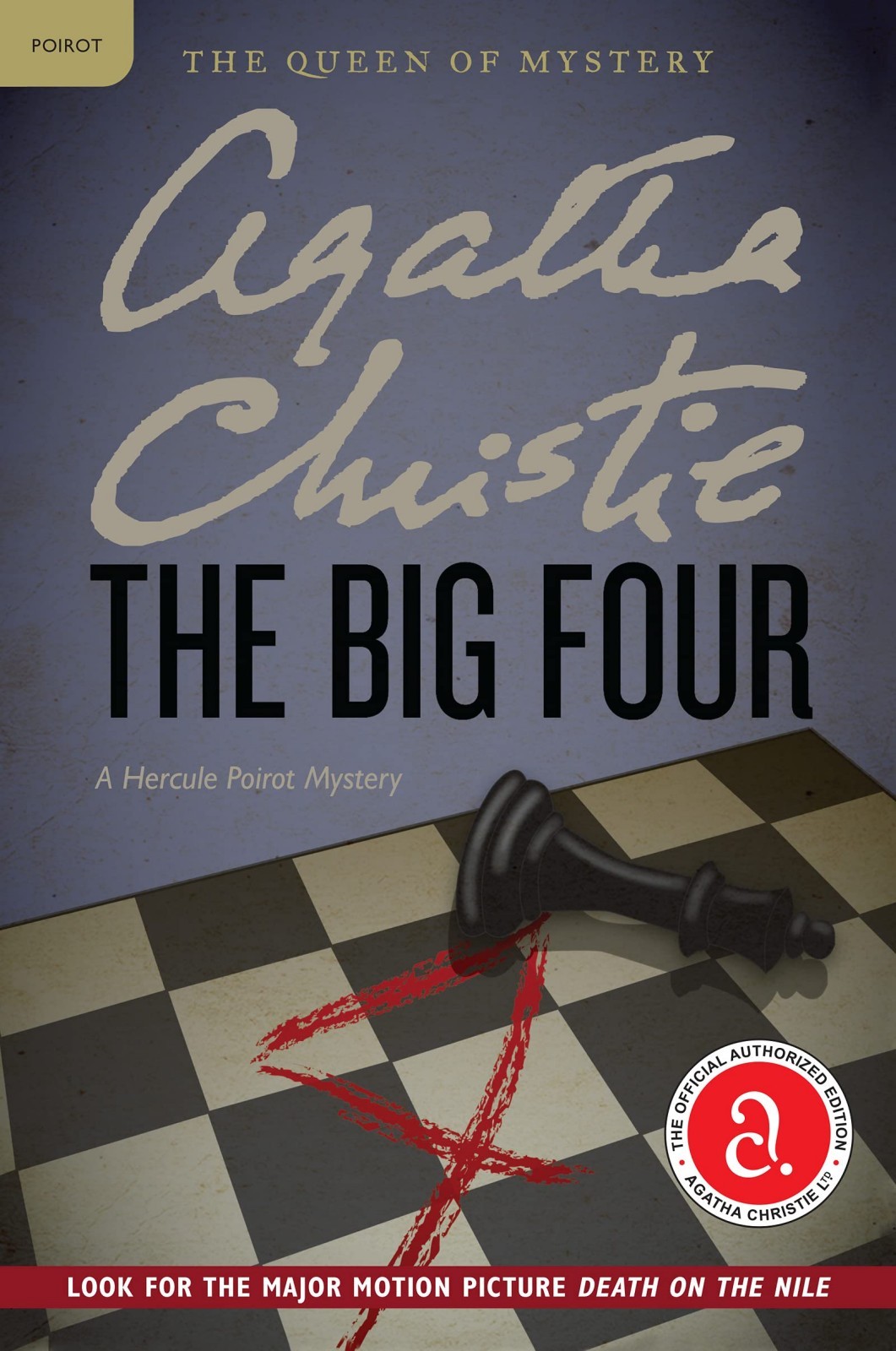Pyramids (Discworld, #7)
Title: Pyramids (Discworld, #7)

Author: Terry Pratchett
Published in: 1989
Date read: 15th May 2007
Score: 4/5
Genre: Fantasy, Mystery, Comedy
Plot: (Warning, may contain spoilers):
"Pyramids" by Terry Pratchett is the seventh novel in his Discworld series, published in 1989. It's a satirical take on ancient Egypt, history, destiny, and the peculiar nature of kingship, all set in the tiny, mathematically precise kingdom of Djelibeybi.
The story follows Teppic, a young man who has spent thirteen years training at the Assassin's Guild in Ankh-Morpork. He is on the verge of graduating as a full assassin, a career he excels at but secretly despises, when he receives an urgent message: his father, the Pharaoh of Djelibeybi, has died.
Reluctantly, Teppic returns to his homeland, a kingdom steeped in ancient traditions, rituals, and an almost suffocating sense of continuity. He is immediately thrust into the role of Pharaoh Teppicymon XXVII, expected to uphold thousands of years of rigidly defined customs, including participating in elaborate funeral rites for his father and commissioning the building of yet another, even grander pyramid.
Teppic finds the ancient traditions maddening. He tries to introduce modern ideas and common sense, which is met with utter bewilderment by the high priests and his devoted, unthinking populace. The most pressing issue is the construction of his father's pyramid, which, like all pyramids in Djelibeybi, is not merely a tomb but a colossal magical device. The sheer scale and number of pyramids are literally causing the kingdom to disappear from normal space-time, shifting it slightly out of phase with the rest of the Discworld.
Adding to the chaos, Teppic discovers his father’s mummified remains have gone missing, and his "sister" – a talking camel named Ptht (pronounced 'Ptuh') – is far more intelligent and influential than anyone suspects. He also finds an unlikely ally in Dios, the head priest, who seems to have his own ancient agenda.
Meanwhile, the old traditions and the building of the latest pyramid push Djelibeybi to a breaking point. Slaves are overworked, resources are depleted, and the subtle, yet powerful, magical effects of the pyramids begin to destabilize reality itself around the kingdom. This leads to bizarre temporal distortions, objects appearing and disappearing, and a general blurring of past, present, and future within Djelibeybi.
The climax involves a revolt by the slaves (including the intelligent camel Ptht) and a desperate attempt by Teppic to undo the cumulative magical effects of the pyramids and bring Djelibeybi back into sync with the Discworld before it vanishes entirely. He must confront both the rigid past and the literal weight of his ancestors to save his kingdom, using his assassin training in unexpected ways to solve a problem of historical inertia and magical overload.
Comments:
Brilliant book, not relying solely on existing characters and stories. Very funny.
Books that we've read by Terry Pratchett (39):
The Colour of Magic (Discworld, #1; Rincewind, #1) (1983), The Light Fantastic (Discworld, #2; Rincewind, #2) (1986), Equal Rites (Discworld, #3; Witches, #1) (1987), Mort (Discworld, #4; Death, #1) (1987), Sourcery (Discworld, #5; Rincewind, #3) (1988), Wyrd Sisters (Discworld, #6; Witches, #2) (1988), Guards! Guards! (Discworld, #8; City Watch, #1) (1989), Pyramids (Discworld, #7) (1989), Eric (Discworld, #9; Rincewind, #4) (1990), Moving Pictures (Discworld, #10; Industrial Revolution, #1) (1990), Witches Abroad (Discworld, #12; Witches, #3) (1991), Reaper Man (Discworld, #11; Death, #2) (1991), Small Gods (Discworld, #13) (1992), Lords and Ladies (Discworld, #14; Witches, #4) (1992), Men at Arms (Discworld, #15; City Watch, #2) (1993), Soul Music (Discworld, #16; Death, #3) (1994), Interesting Times (Discworld, #17; Rincewind, #5) (1994), Maskerade (Discworld, #18; Witches, #5) (1995), Feet of Clay (Discworld, #19; City Watch, #3) (1996), Hogfather (Discworld, #20; Death, #4) (1996), Jingo (Discworld, #21; City Watch, #4) (1997), Carpe Jugulum (Discworld, #23; Witches, #6) (1998), The Last Continent (Discworld, #22; Rincewind, #6) (1998), The Fifth Elephant (Discworld, #24; City Watch, #5) (1999), The Truth (Discworld, #25) (2000), The Last Hero (Discworld, #27; Rincewind, #7) (2001), Thief of Time (Discworld, #26; Death, #5) (2001), Night Watch (Discworld, #29; City Watch, #6) (2002), The Wee Free Men (Discworld, #30; Tiffany Aching, #1) (2003), Monstrous Regiment (Discworld, #31; Industrial Revolution, #3) (2003), A Hat Full of Sky (Discworld, #32; Tiffany Aching, #2) (2004), Going Postal (Discworld, #33; Moist von Lipwig, #1) (2004), Thud! (Discworld, #34; City Watch, #7) (2005), Wintersmith (Discworld, #35; Tiffany Aching, #3) (2006), Making Money (Discworld, #36; Moist Von Lipwig, #2) (2007), Unseen Academicals (Discworld, #37; Rincewind, #8) (2009), I Shall Wear Midnight (Discworld, #38; Tiffany Aching, #4) (2010), Snuff (Discworld, #39; City Watch, #8) (2011), Raising Steam (Discworld, #40; Moist von Lipwig, #3) (2013)
This page was updated on: 31st July 2025

